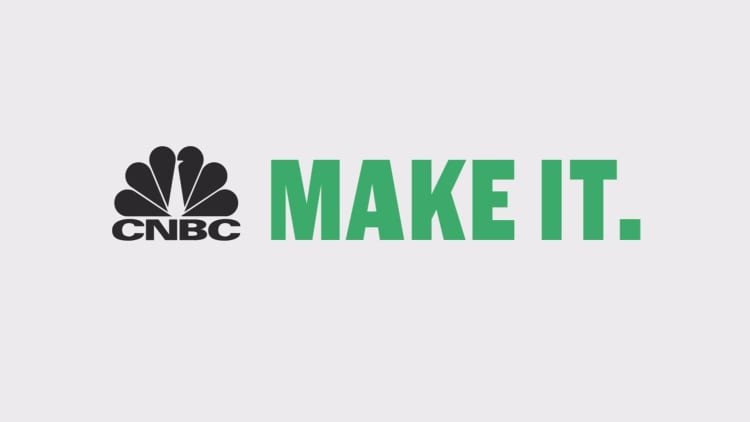Starting a business is a dream for many people, and with good reason. Launching a successful new venture enables you to be your own boss, create something completely new and possibly amass a fortune.
But it also comes with a high degree of risk. One analysis of 3,200 start-ups, conducted by Startup Genome (now called Compass) found that nearly three-quarters failed by trying to grow too fast, or what's also known as premature scaling.
Nihal Mehta found that out the hard way when he and a friend launched an Internet-based city guide company called philly2nite in May 1999, right after graduating from the University of Philadelphia.
"We both turned down jobs, great jobs, to focus on this," he recalled. The business expanded rapidly, soon growing to 50 employees. But there was a hitch: They were not paying enough attention to revenues.
"We still didn't really have a very strong business model," Mehta said in an interview last year.
In the end, the founders wound up selling the company to the city of Philadelphia in an asset sale, and a related company they started — a network of city guides called Urban Groove — went bankrupt. Mehta had to rent a U-Haul to drive the remnants of his ventures to his parents' home. Mehta recalled "putting this stuff from the truck in the garage and just crying. Just like, I can't believe this is coming to an end."
His own finances were hardly a bright spot: Mehta and his partner had been paying themselves "enough for rent and ramen," he said, and he had as much as $100,000 in credit card debt. But even worse, he had to face family members who had invested in the venture and lost their money.
"It was definitely humiliating, and it was humbling," he said.
(Only) make big purchases when the money is there, or there is a tangible path to the money being there.Nihal MehtaEniac Ventures
Mehta's experience is also woefully common. Some 92 percent of start-ups fail within three years, according to the Startup Genome report — most commonly because of premature scaling.
Still, entrepreneurs can learn from early missteps. A venture that fails because of high costs, for example, can lead its founder to start another operation with a stronger foundation.
Bill Reichert, a serial entrepreneur who is currently managing director of Garage Technology Ventures, a seed-stage and early-stage venture capital fund, believes cash flow is critical.
"The most important thing for an entrepreneur at the front end is to figure out how you can get to cash-flow positive," he said in an interview last year. "Only when you get to cash-flow positive are you in control of your destiny. Until then, you are at the mercy of your investors and your creditors."
Reichert likes companies whose founders are what he calls scrappy, or penny-pinching, and focused on a lean operation. "We just see this all the time — entrepreneurs just go all of a sudden, 'Oops, I'm out of cash,' " he said. "Just having an ethic of frugality" is crucial, "knowing that a dollar you spend on chairs is a dollar closer to hitting a wall and running out of money."
Keeping close track of finances, both personal and business, is also extremely important, Reichert said. "I'm not going to invest in somebody who is not going to make sure that that monitoring is in place."
For his part, Mehta was able to learn from his early experiences: A subsequent venture was a success and sold for something under $10 million, he said, though he had less equity than many founders do. He has since gone on to start other ventures and form Eniac Ventures, a seed-stage venture firm.
Early on, "we were definitely focused on the wrong thing," he recalled. "We had to get a lot more disciplined and not spend ahead of where we were, and watch every dime and squeeze every dollar from revenue."
Mehta said the lessons he learned apply to his own money management as well. The experience "probably taught me from a personal finance perspective as well as not to get ahead of myself," he said. The better approach: "Put money in the bank when you can. And only make big purchases when the money is there, or there is a tangible path to the money being there."
— Video produced by Qin Chen, Erika Santoro, Mary Stevens, Stephanie Swart



